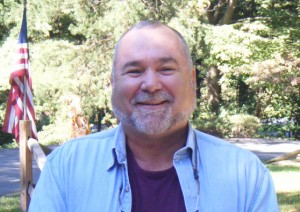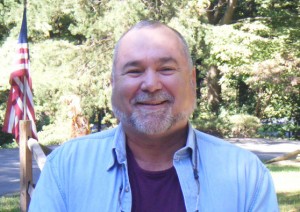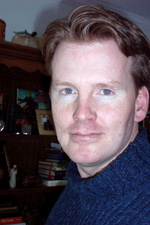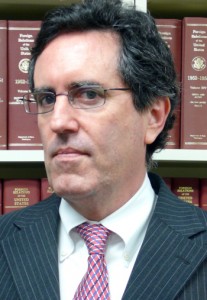
TINY URL for this post:
Below are the working papers that have been posted for discussion in New York City, first with the Day of Rage team (it is neither a Day nor a Rage and it is all about electoral reform), then with the General Assembly at OccupyWallStreet, beginning with a handful of self-selected facilitators.
I will be driving a 1964 MGB, red in color, license VA MGB 64. If we do the human megaphone, it should be around 1700 (5 pm) Thursday or 1100 Friday.
The best context for understanding what I hope to accomplish is provided by Tom Atlee in his Tom Atlee: Occupation Catalytic Butterfly. My summary views are at Robert Steele on Russia TV: Occupy Wall Street & Electoral Reform, General Strike Needed?
My Interpretation of the Emerging Message:
CORRUPTION is the common enemy, both in government and in the private sector.
ELECTORAL REFORM is the singular demand.
SUNSHINE CABINET is the method.
INTEGRITY is the core value.
COMMONWEALTH RESTORED is the outcome.
Document Form
NYC A Message and Method One Page.doc
NYC B Electoral Reform Act 1 Page 9 Points 2.2.doc
NYC C Preconditions of Revolution in the USA Today.doc
NYC D Seven Promises to America.doc
NYC E Citizen in Search of Integrity.doc
NYC F Integral Government in a Box.doc
Online Full Text for Google Translate
Robert Steele: OccupyWallStreet Message and Method
2011 Electoral Reform Act 2.2 (Full Text Online for Google Translate)
Graphic: Preconditions of Revolution in the USA Today
Seven Promises to America–Who Will Do This?
Robert Steele: Citizen in Search of Integrity (Full Text Online for Google Translate)
Reference: Steele at Huffington Post Updated
See Also:
Continue reading “Robert Steele: Working Papers for NYC 6-7 Oct 2011”








